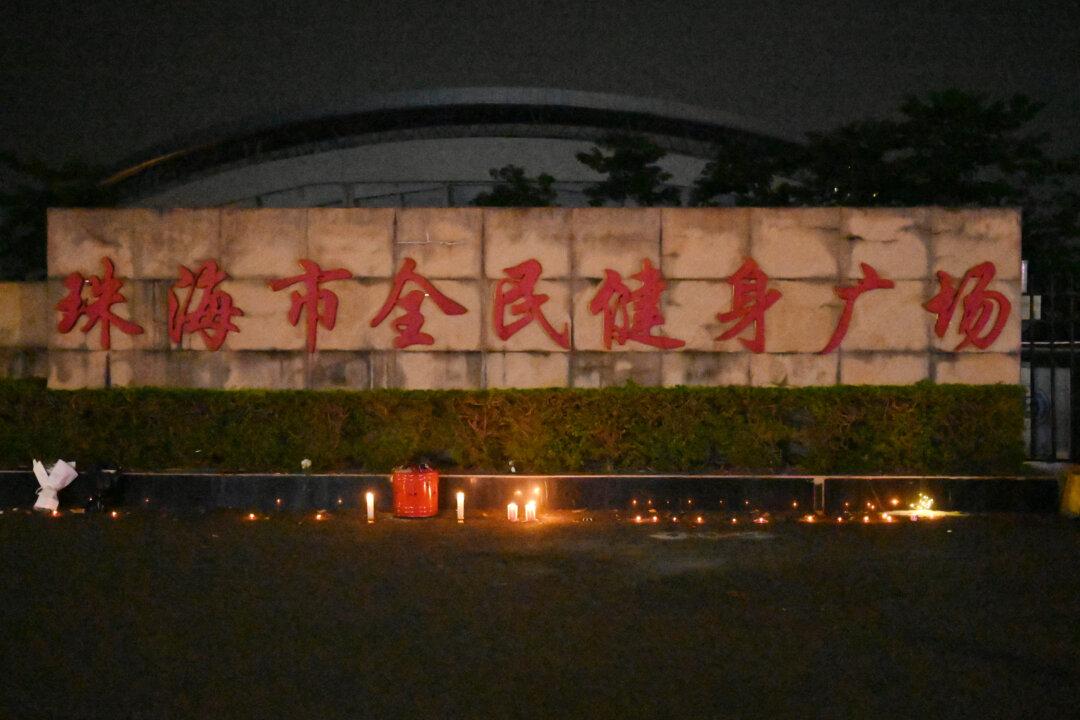The price of thermal coal used to generate electricity in China surged to a fresh high on Oct. 13, adding more pressure on Beijing as it attempts to tackle an ongoing power crisis.
More than half of the country has recently experienced power rationing, which has disrupted the daily lives of tens of millions of people, crippled industrial output, and wreaked havoc on global supply chains.
As over two-thirds of the country’s electricity comes from burning coal, the power crunch brought on by coal shortage and surging costs has further pushed the coal price to rise.
Thermal coal futures on the Zhengzhou Commodity Exchange reached a record high of 1,640 yuan ($254.44) per tonne in Wednesday trade, having surged almost three-fold year-to-date.
The price jump comes after the country’s key coal mining regions were hit by torrential rain last week, adding further strain on the country’s tight coal supply.
Moreover, widespread safety issues at mine sites have prompted provincial authorities to suspend operations at hundreds of facilities. From January to September, Shanxi had shut down a total of 236 coal mines, demanding them to rectify safety issues, according to data compiled by China Coal Transportation and Distribution Association (CCTD).
The neighboring Shaanxi Province, the third-biggest coal producer, also reported heavy rains, triggering floods and mudslides, and disruptions to coal production, according to state-backed Security Times.
The extreme weather has complicated the authorities’ efforts to ease the power crisis. Just last week, Beijing ordered its two top coal-producing provinces, Shanxi and Inner Mongolia, to raise production by more than 160 million tonnes.
Wen Xiaogang said, however, that such a move may not be politically palatable to the Chinese regime. The ban was enacted as part of a campaign of economic coercion targeting Australia after the country’s prime minister called for an independent investigation into the pandemic origins last year. Rather than withdraw its pressure over Australia, the regime would rather cut supply to factories and thus jeopardize economic growth, Wen said.
The authorities said the order was aimed at reducing air pollution during wintertime.
Hsieh Chin-ho, a Taiwan-based economic commentator, told NTD, an affiliate of The Epoch Times, that the power crisis will likely be a long-term issue for the country.




